

 Thursday, December 12, 2013
Thursday, December 12, 2013
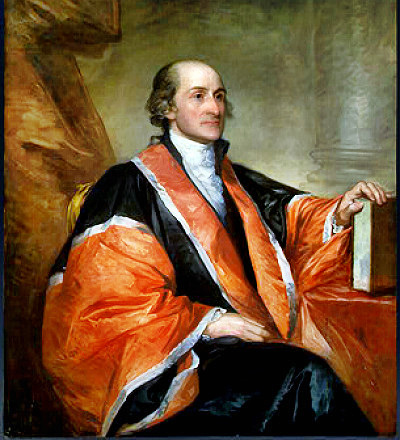
[1745 - John Jay, first Supreme Court Chief Justice,
born in New York City]

[1787 - Pennsylvania ratifies the Constitution as the second of the United States of America]
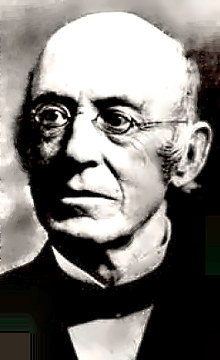
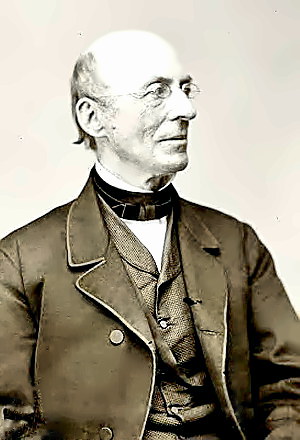
[1805 - William Lloyd Garrison, abolitionist, journalist, poet, editor,
born in Newburyport, Massachusetts]
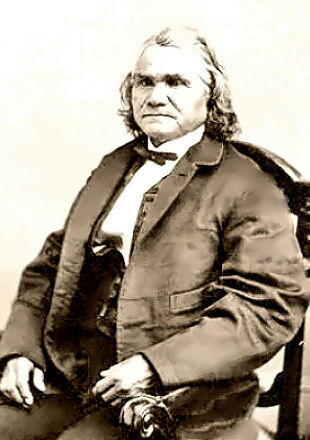
[1806 - Stand Watie, Indian Chief, born at
Oothcaloga, Cherokee Nation, Georgia]

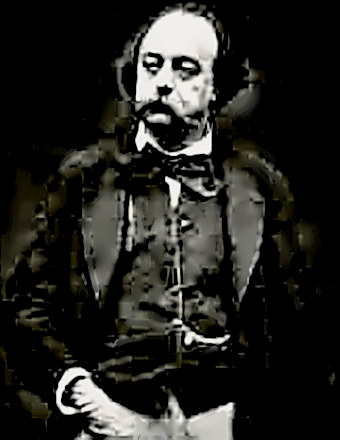
[1821 - Gustave Flaubert, writer, born in Rouen, France]
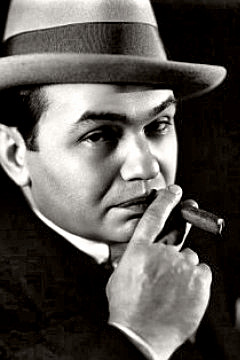
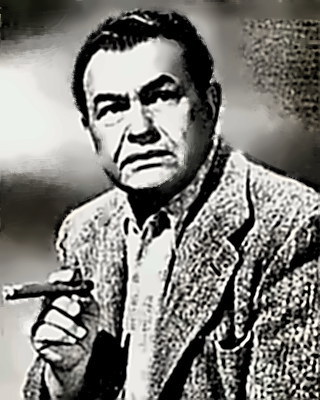
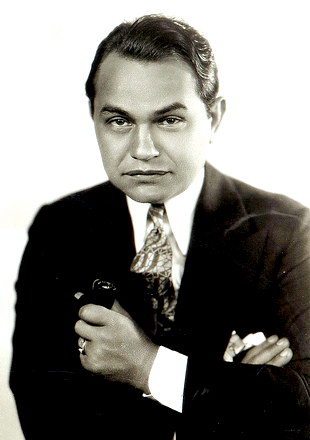
[1893 - Edward G. Robinson (Emmanuel Goldenberg), actor, born in Bucharest]
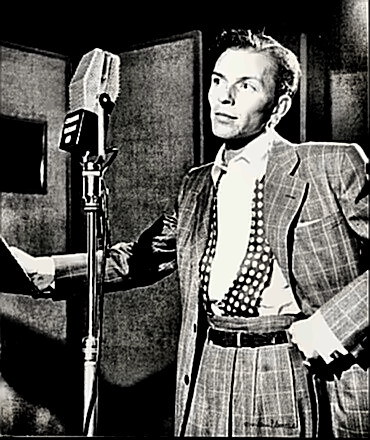
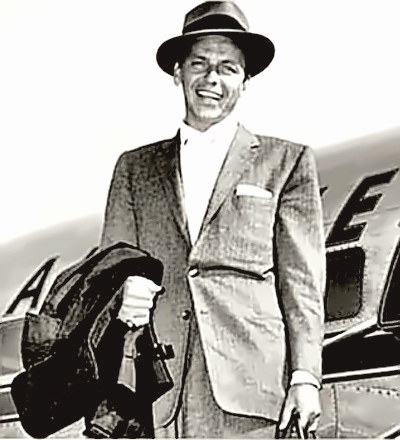
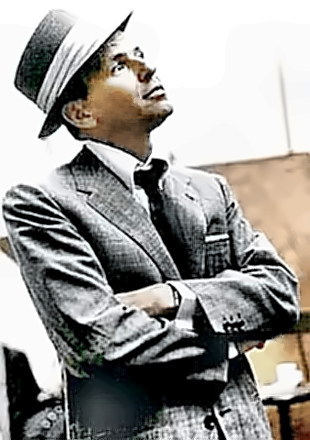
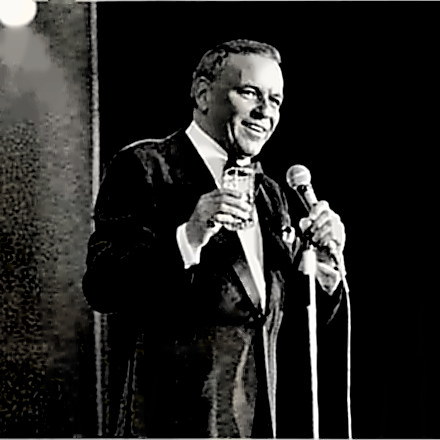
[1915 - Frank (Francis Albert) Sinatra, Singer, actor, born in Hoboken, New Jersey]

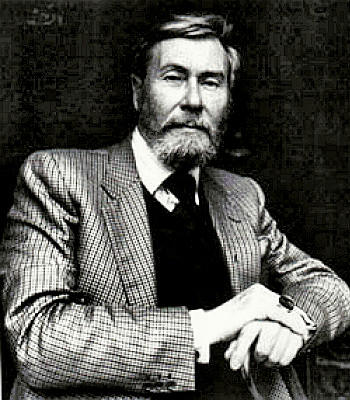
[1929 - John (James) Osborne, Academy & Tony Award-winning playwright, born in London]
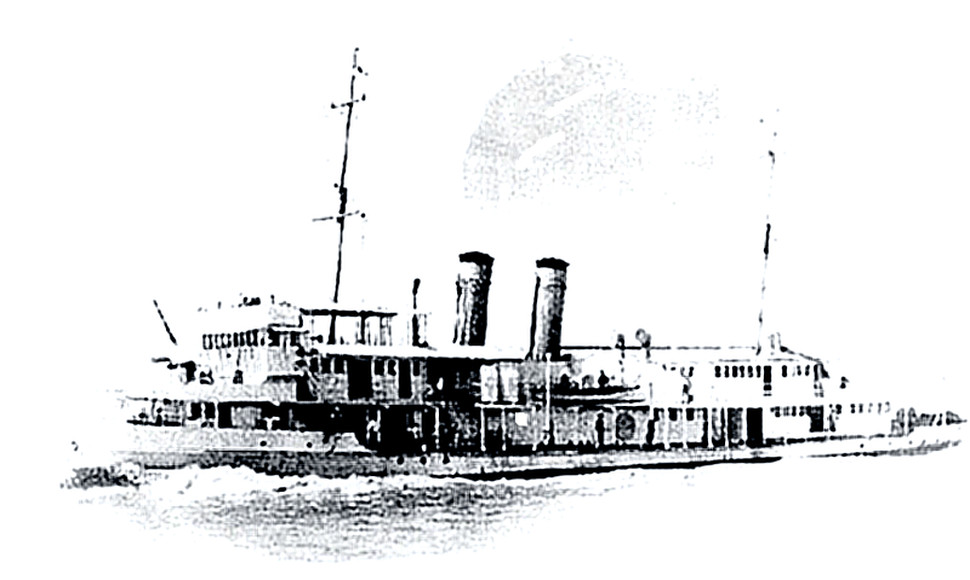
[1937 - Japanese aircraft sink USS Panay in the Yangtze River near Nanking, China]
Ships That Pass in the Night

If you have never been to sea, it is just a phrase that succinctly captures a chance encounter. But ships really do pass in the night, and often in a setting that is as tense as it is transient. There are elaborate rules that govern each such passing; they cover in minute detail the lights that will be displayed and the signals that will be exchanged. The International Rules of the Road also tell the mariner which ship will enjoy the right of way in a given situation, and the Rules distinguish between the burdened and the privileged vessels by setting forth the steps that each will execute in the careful dance that is designed to avoid the terrible consequences of contact. So, even as the human experience has precisely codified the behavior of vessels on the high seas when they meet in darkness of night, why are we often rudderless and confused when we meet other humans in the light of day in familiar places on dry land?
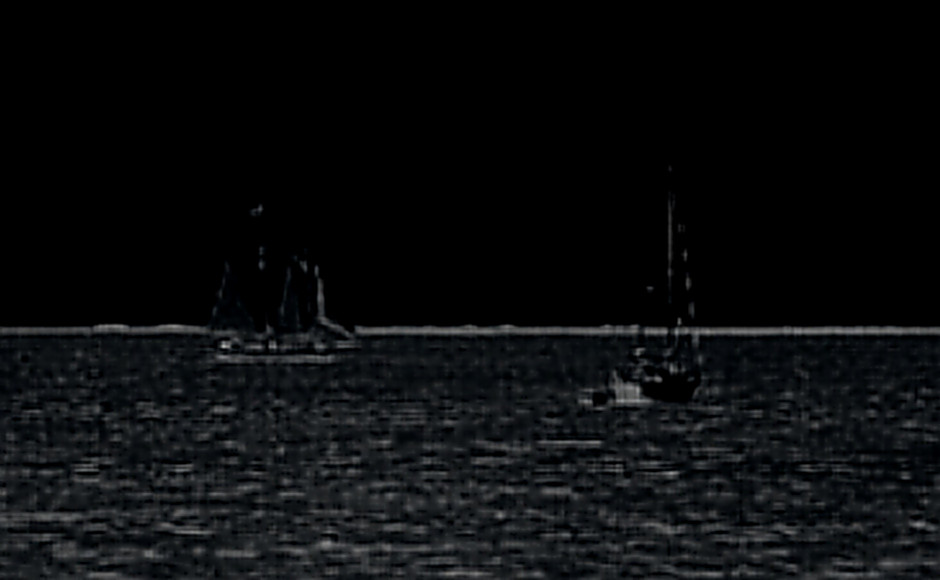
William's Whimsical Words:
Can't we just get along?
 to Almanack Main Page
to Almanack Main Page
